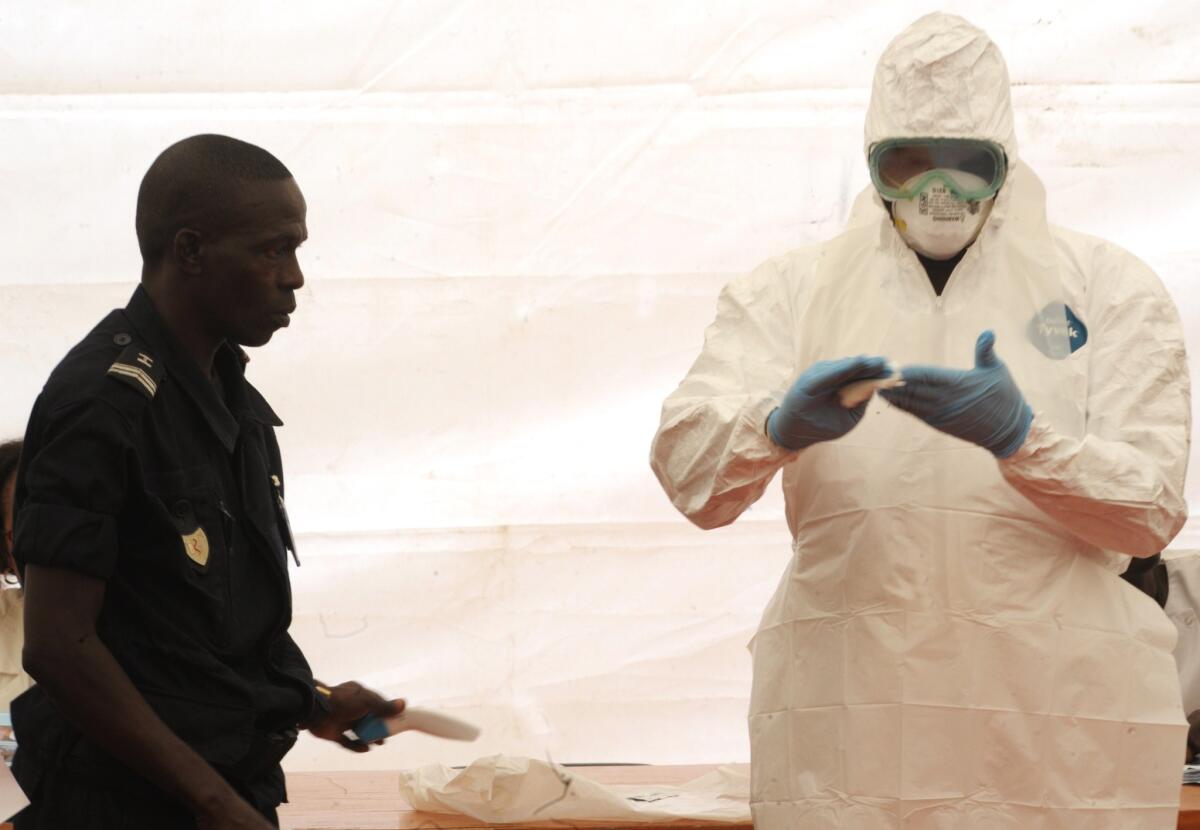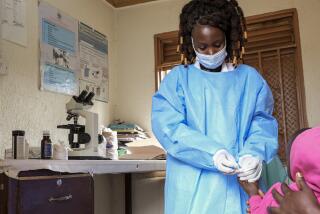Senegal closes borders with Guinea after Ebola claims 101

Senegal has closed its borders with Guinea as West Africa braces against the spread of Ebola virus disease.
The World Health Organization, which says the outbreak is presenting the toughest public health challenge in four years, has not recommended any trade and travel restrictions.
Spread to Senegal is of particular concern because it is a leading tourist destination in the region, with arrivals topping 1 million in 2011, according to the World Bank.
The outbreak has been blamed for 101 deaths in Guinea and 10 in Liberia.
“Ebola is clearly a severe disease. It’s an infection with a high fatality rate. But it’s also an infection that can be controlled,” said Keiji Fukuda, assistant director-general of the World Health Organization. The most severe strains of the Ebola virus have had a 90% fatality rate, and there is no vaccine, cure or specific treatment.
The agency’s key concern is the spread of the virus from its epicenter in the forests of southern Guinea.
The WHO says it could take up to four months to subdue the outbreak in West Africa.
Ebola virus disease, formerly called Ebola hemorrhagic fever, was first identified in 1976, in Sudan and the Democratic Republic of Congo, and has since struck several African nations with alarming regularity. Spread by direct contact with blood or other bodily fluids of those infected, Ebola virus is one of the most deadly human pathogens. It causes hemorrhagic fever, and in worst cases, organ failure and uncontrolled bleeding.
Twitter: @amijiwaji
More to Read
Sign up for Essential California
The most important California stories and recommendations in your inbox every morning.
You may occasionally receive promotional content from the Los Angeles Times.










